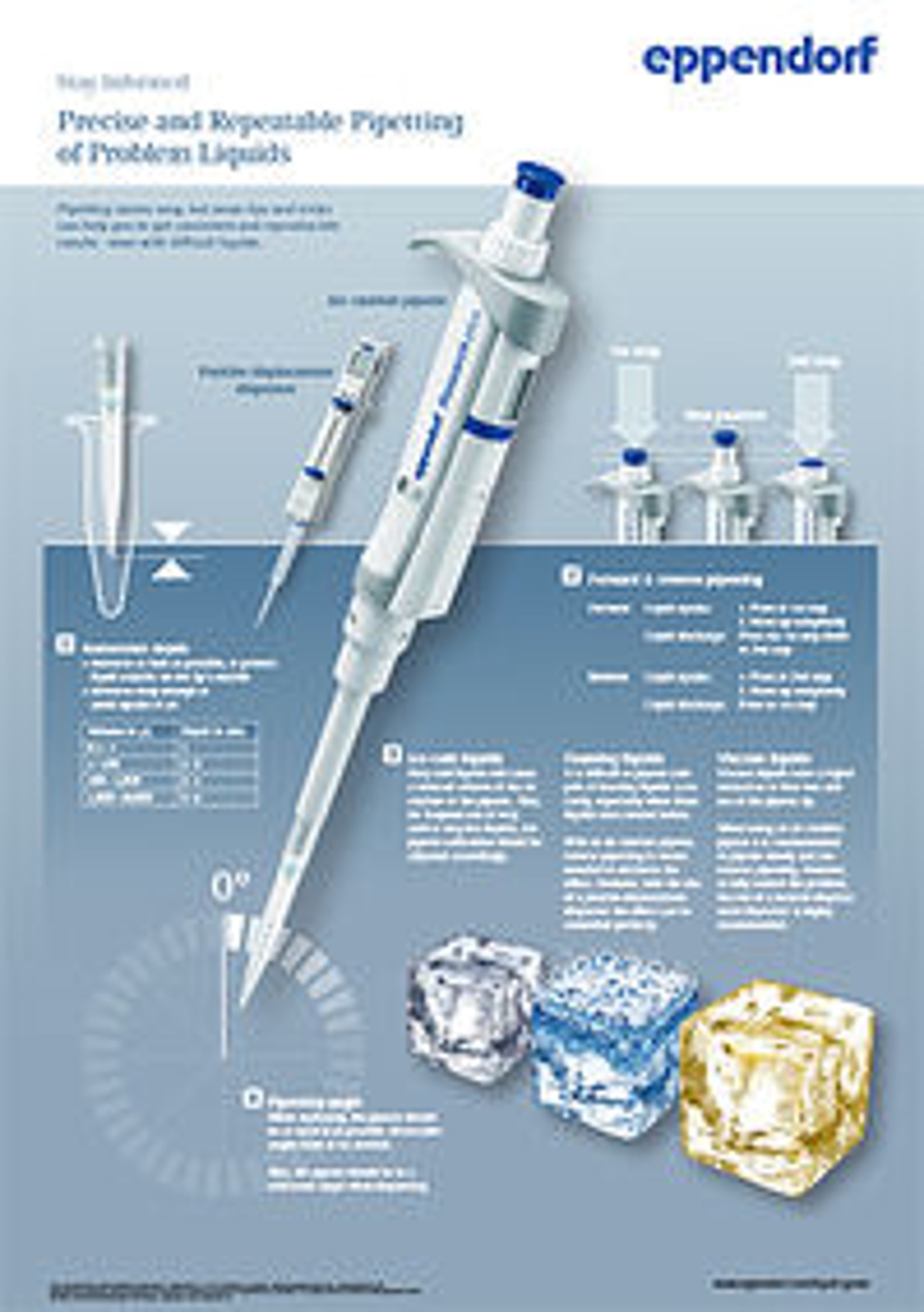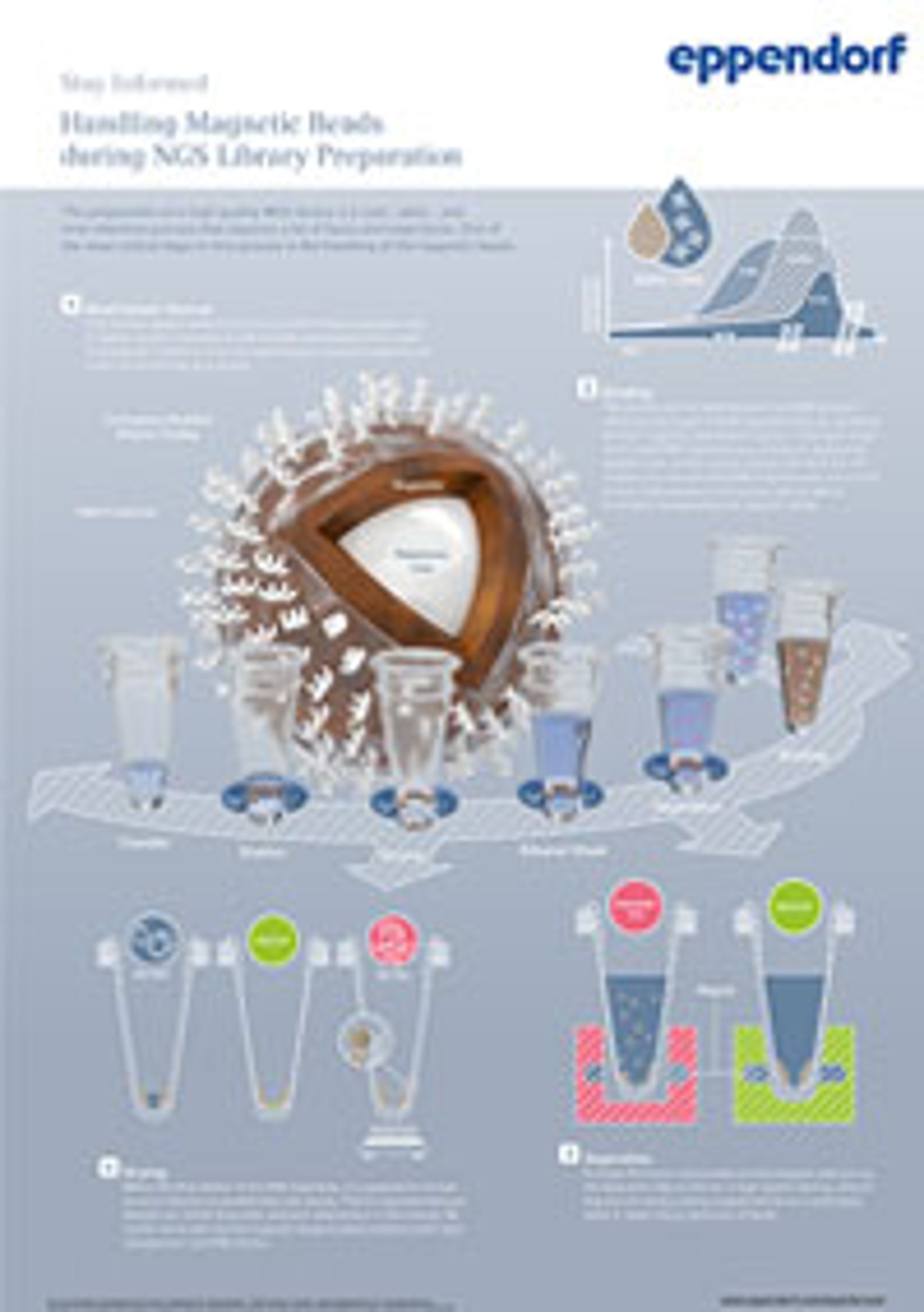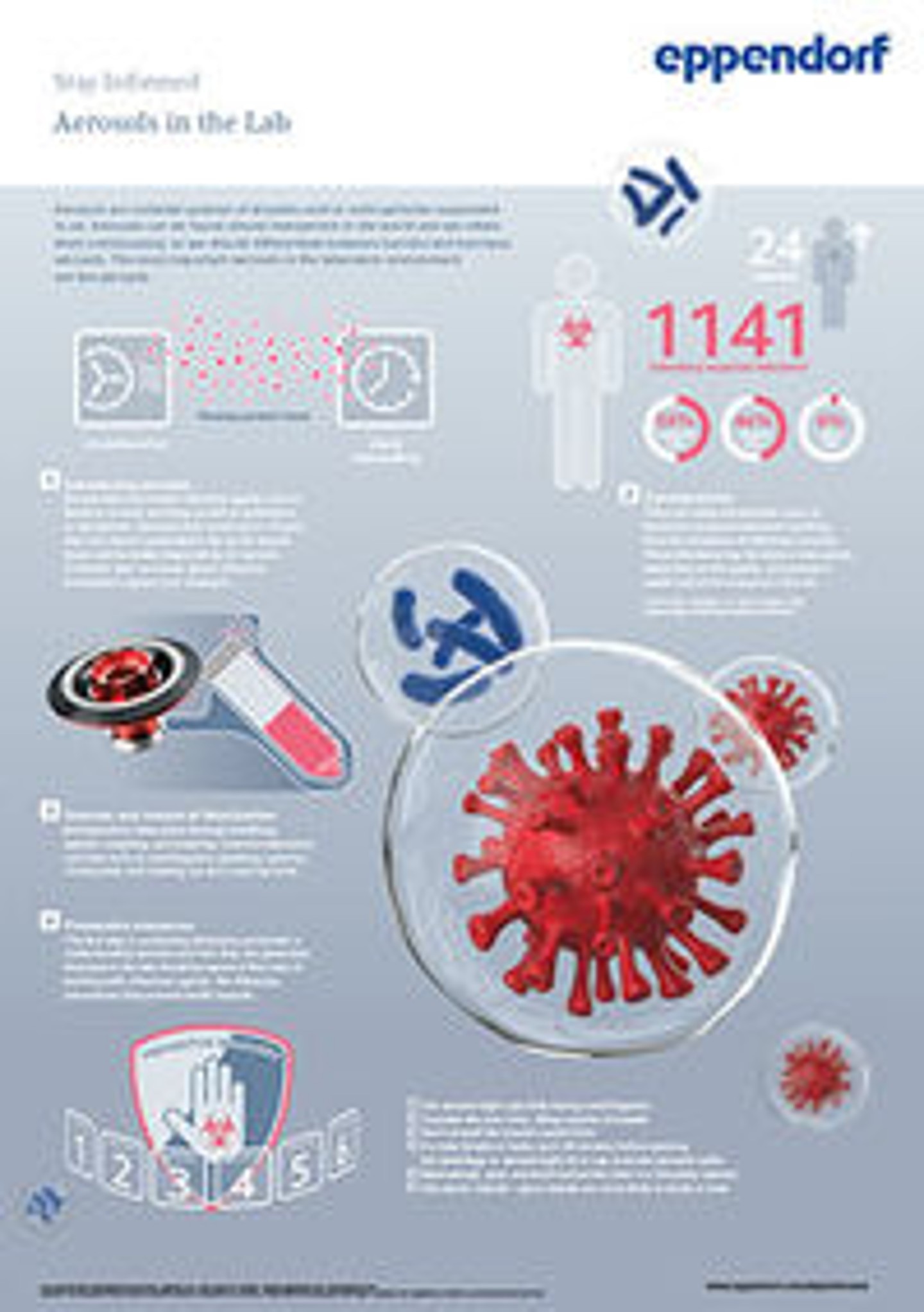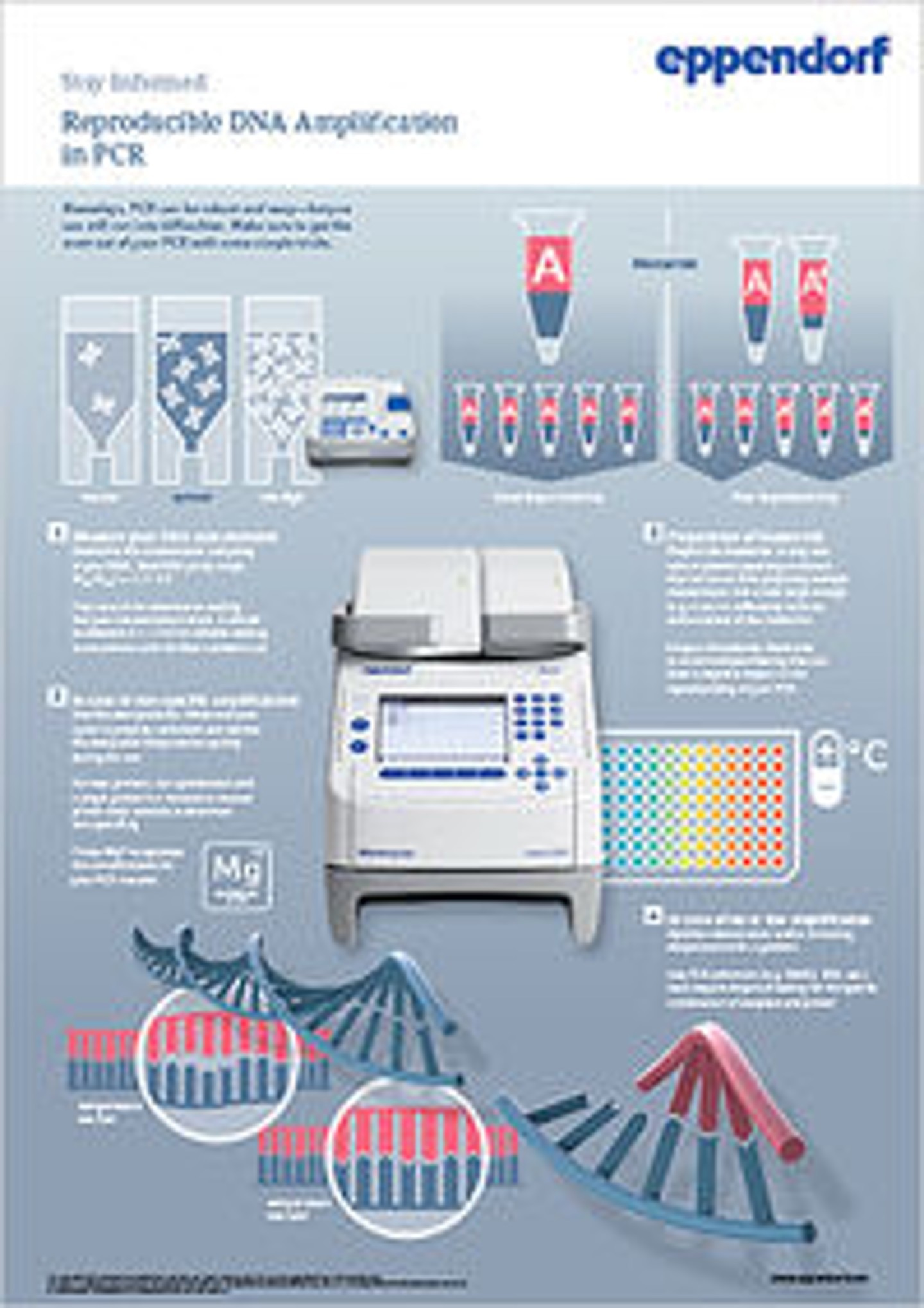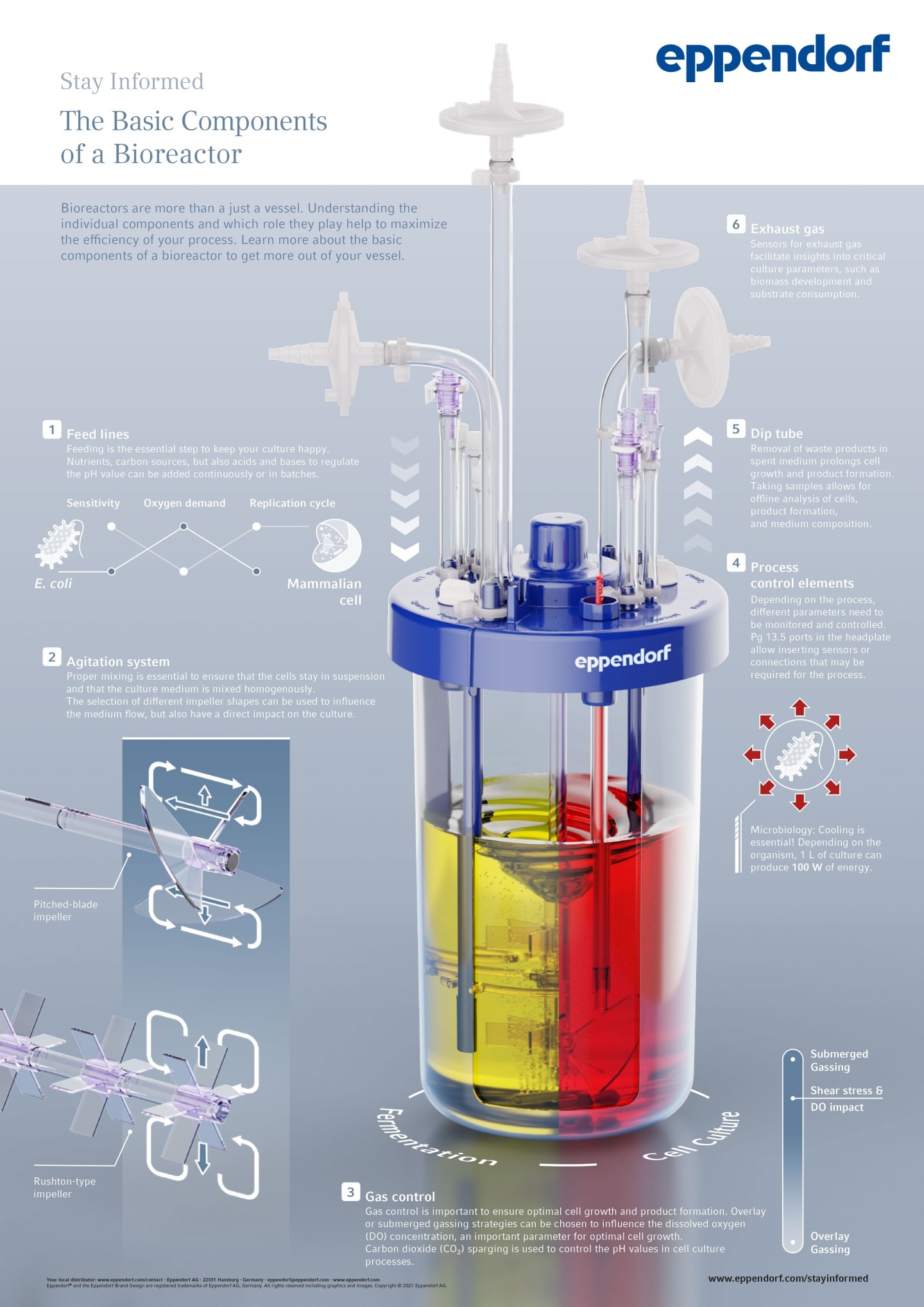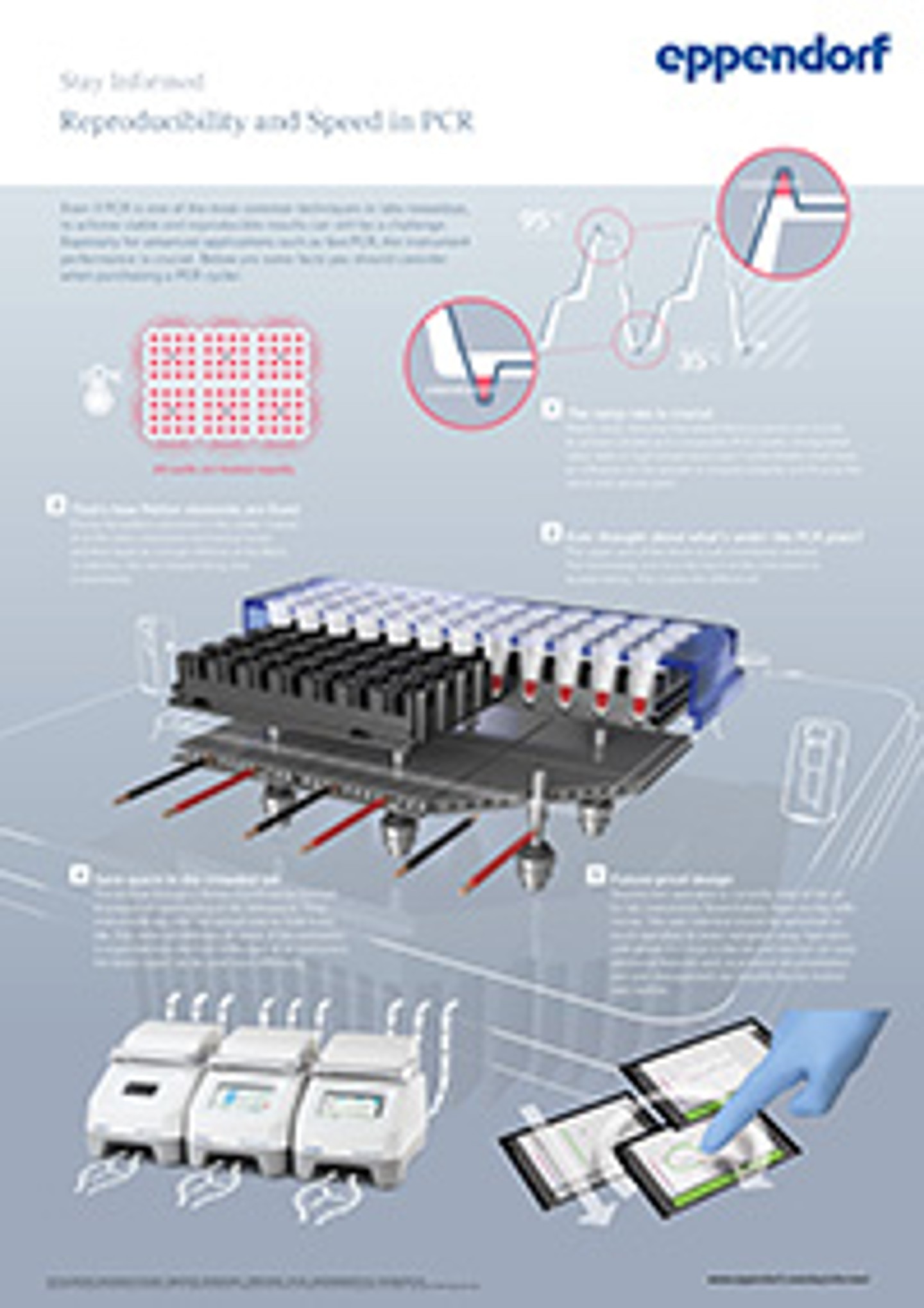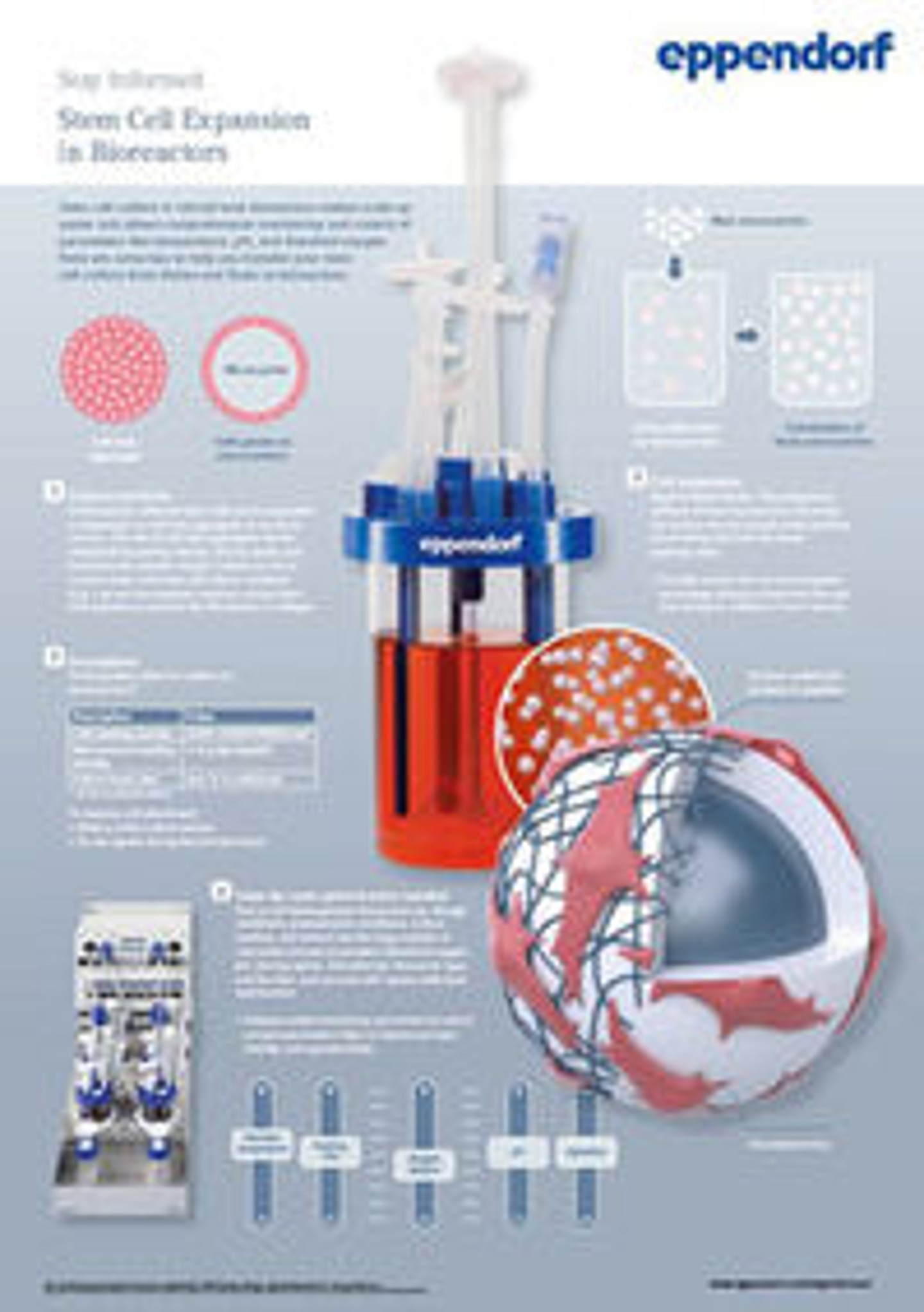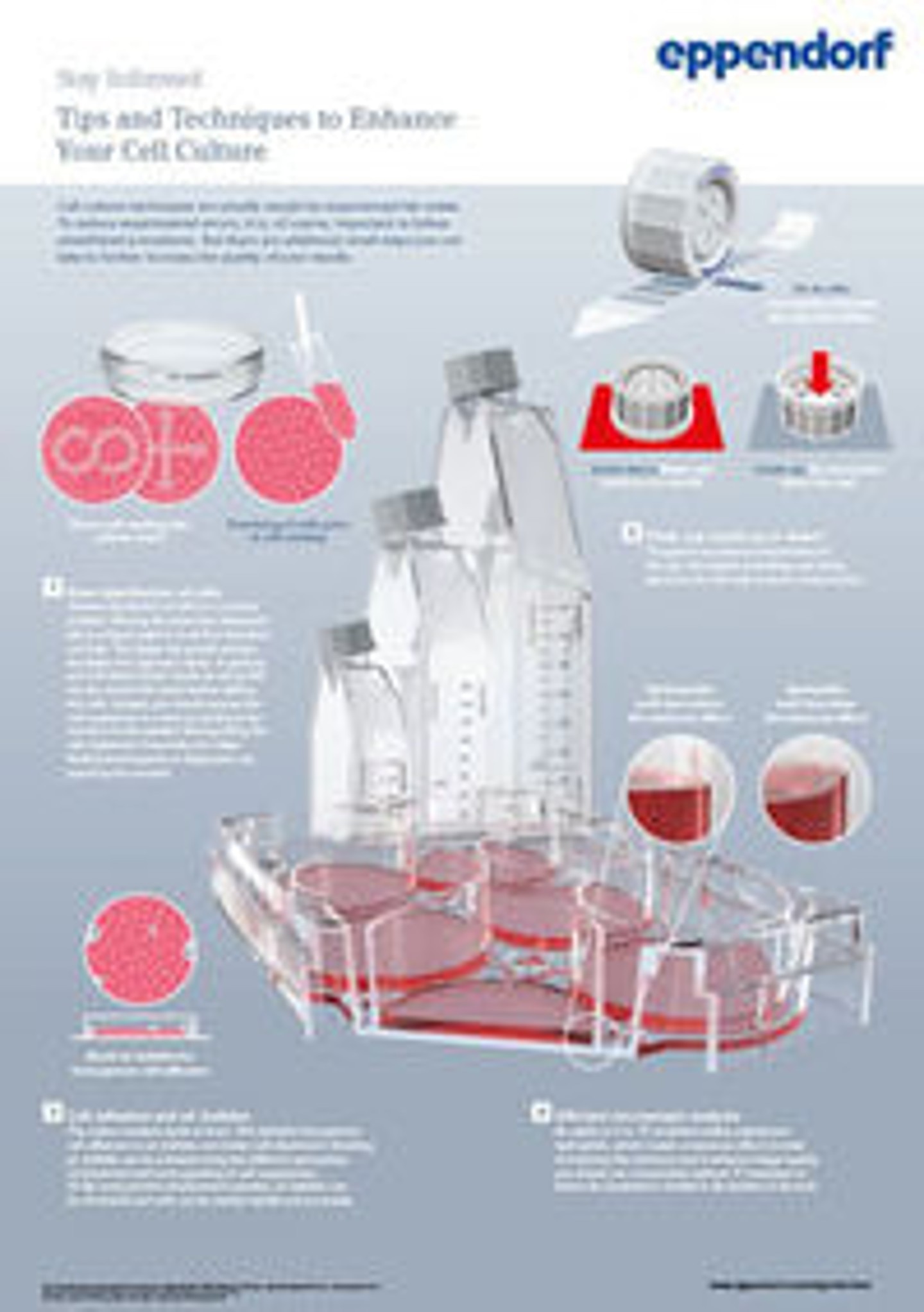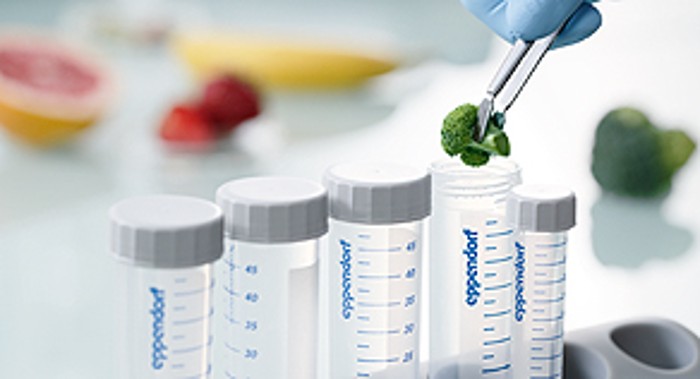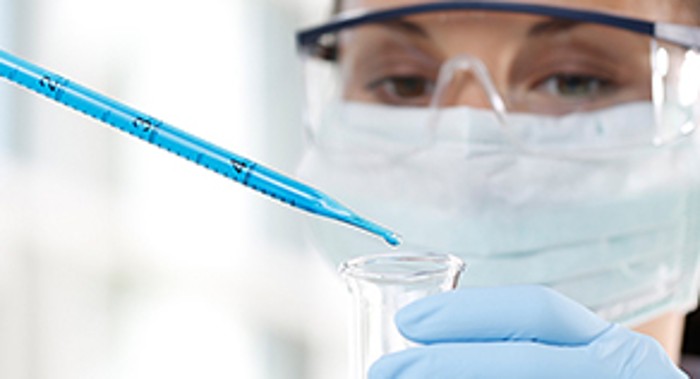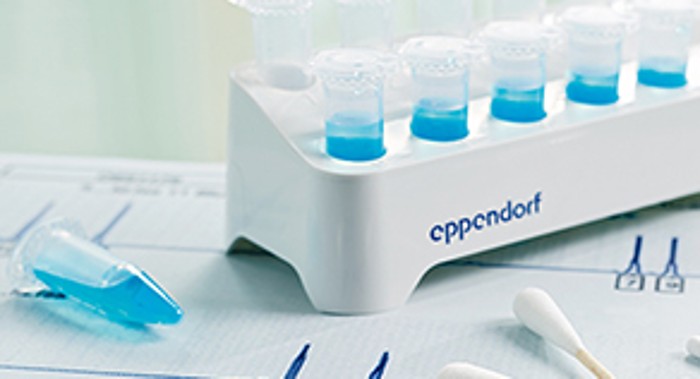MENU
PL | PLN
PL | PLN
Nie znaleziono wyników
Sugestie wyszukiwania
Stay Informed
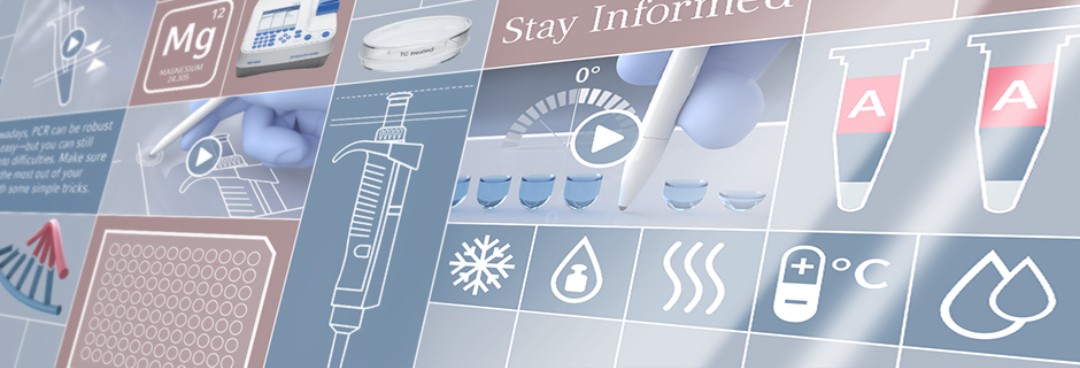
Staying on top of the techniques used in your laboratory is crucial for the research you do. The basic techniques are often the ones that cause most of the problems because they are so widely used.
Our Stay Informed Infographics Series helps you stay on top of techniques and make sure procedures are consistent throughout your lab. See how we create our infographics in our latest animation.
- Does everyone in your lab know how to do reverse pipetting?
- Does everyone know what is influencing homogeneous cell growth in your cell culture?
- Is everyone preparing a mastermix the same way?
Our Stay Informed Infographics Series helps you stay on top of techniques and make sure procedures are consistent throughout your lab. See how we create our infographics in our latest animation.
Przeczytaj mniej
Precise and Repeatable Pipetting of Problem Liquids
Przeczytaj mniej
Videos not loading, because cookies have been rejected. Change your

Pipetting seems easy, but some tips and tricks can help you to get consistent and reproducible results—even with difficult liquids.
You need more information about pipetting? Click here
You need more information about pipetting? Click here
Przeczytaj mniej
Handling Magnetic Beads during NGS Library Preparation
Przeczytaj mniej
Videos not loading, because cookies have been rejected. Change your

The preparation of high-quality NGS libraries is a cost-, labor-, and time-intensive process that requires a lot of focus. One of the most critical steps in this process is the handling of the magnetic beads. Pipetting robots like the epMotion® 5073 and 5075 NGS solutions allow automating this process. This step not only brings much-needed relief to the operator but also streamlines the process and increases productivity.
You need more information about our automated liquid handling solutions? Click here
You need more information about our automated liquid handling solutions? Click here
Przeczytaj mniej
Aerosols in the Lab
Przeczytaj mniej
Videos not loading, because cookies have been rejected. Change your

Aerosols are colloidal systems of droplets and / or solid particles suspended in air. Aerosols can be found almost everywhere in the world and we inhale them continuously, so we should differentiate between harmful and harmless aerosols. The most important aerosols in the laboratory environment are bio-aerosols.
You need more information about aerosols? Click here
You need more information about aerosols? Click here
Przeczytaj mniej
Reproducible DNA Amplification in PCR
Przeczytaj mniej
Videos not loading, because cookies have been rejected. Change your

Nowadays, PCR can be robust and easy—but you can still run into difficulties. Make sure to get the most out of your PCR with some simple tricks.
You need more information about pipetting? Click here
You need more information about pipetting? Click here
Przeczytaj mniej
The Basic Components of a Bioreactor
Bioreactors are more than a just a vessel. Understanding the individual components and which role they play help to maximize the efficiency of your process. Learn more about the basic components of a bioreactor to get more out of your vessel.
Przeczytaj mniej
Reproducibility and Speed in PCR
Even if PCR is one of the most common techniques in labs nowadays, to achieve stable and reproducible results can still be a challenge. Especially for advanced applications such as fast PCR, the instrument performance is crucial. Below are some facts you should consider when purchasing a PCR cycler.You need more information about PCR? Click here
Przeczytaj mniej
Stem Cell Expansion in Bioreactors
Stem cell culture in stirred-tank bioreactors makes scale-up easier and allows comprehensive monitoring and control of parameters like temperature, pH, and dissolved oxygen. Here are some tips to help you transfer your stem cell culture from dishes and flasks to bioreactors.
You need more information about Bioprocess? Click here
You need more information about Bioprocess? Click here
Przeczytaj mniej
Tips and Techniques to Enhance Your Cell Culture
Cell culture techniques are usually taught by experienced lab mates. To reduce experimental errors, it is, of course, important to follow established procedures. But there are additional small steps you can take to further increase the quality of your results.You need more information about Cell Culture Consumables? Click here
Przeczytaj mniej

